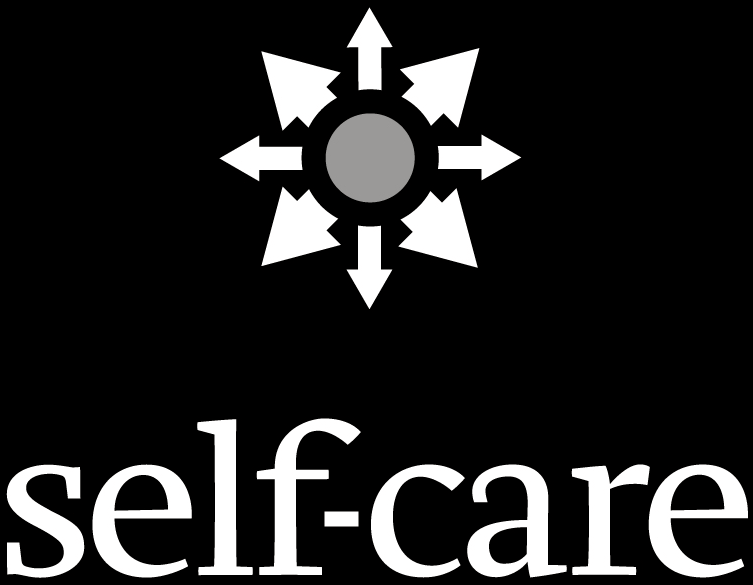Recently, I sat down with a Harvard trained medical physician turned technology enthusiast who had a newfound love for python and machine learning. This was our second conversation toward structuring his resume for a new job. Successful, wealthy and influential, he toiled with his resume for 3 weeks. I took a second look at his resume from the perspective of an indifferent recruiter who would likely screen him in terms of candidate classification. Would he be an executive? An individual contributor? What does his track record suggest in terms of Leadership potential?
The content, credentials and track record were all there. Structure and messaging needed some work. Typically, a non-relationship based review of a resume is afforded about 30 seconds of evaluation. We spent nearly an hour on the top of the resume, the summary of his career. Likely, the recruiter or HR gatekeeper would spend most of their time on this section to classify him in terms of the questions above. He had a passion for healthcare and technology. So what? He was value-oriented, So what? A collaborator, capable of working across departments, cross-functional leadership. Again, So what? Forgive my candor, So what? Impressions, values, uniqueness, and ranking are based on results.
In the final analysis, was his intention to deliver greater productivity from the employees that adopted his health plans? Was his passion for healthcare about the quality of their lives? How about longevity? Was his effort geared towards helping people live longer, more productive, healthier lives? If so, how would his life’s effort from his career reflect back in terms of results? He was 58 years old, with approximately 7 to 10 years away to retirement. His career path would lead towards 1 of 2 directions I argued. Either he would become a senior leader in an organization like the ones where he worked, or become a public speaker with the track record of his career to support his insights and views.
The same could be said for you. Making a living and supporting your family and livelihood is a matter of survival. Being a productive member of society is adopted by 98% of the able-bodied public at large. The challenge is when we step up to do more. Positioning is determined by way of your past results. Whether the question of “so what” is stated or not, you will be evaluated accordingly. It’s best to think in terms of your significance in terms of outcomes by asking yourself the question of so what. We need to be outcome-centric because the way opportunities that are extended to us are based on past results. To be considered for more, each accomplishment has to be greater than the last. The vision, goals, results, and challenges you overcome have to be greater at each role you have assumed. Results matter, so we must anticipate “so what” every step of the way. Is this a one-dimensional point of view? If we don’t live according to our values and deliver on them, so what?
My friend landed a CTO role in a mid-sized technology firm that needed his skills to capture more market share and win new clients. He is ecstatic and more mindful of the direction his career needs to take in terms of what he is seeking to accomplish. To ensure that he can win clients over with his passion, ability to collaborate across organizational leadership he must deliver value greater than his competition. His unique style of working and building relationships must translate into value creation that earns his client’s business. The same goes for you.
